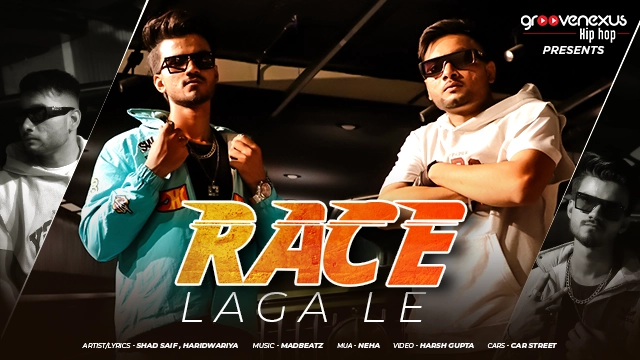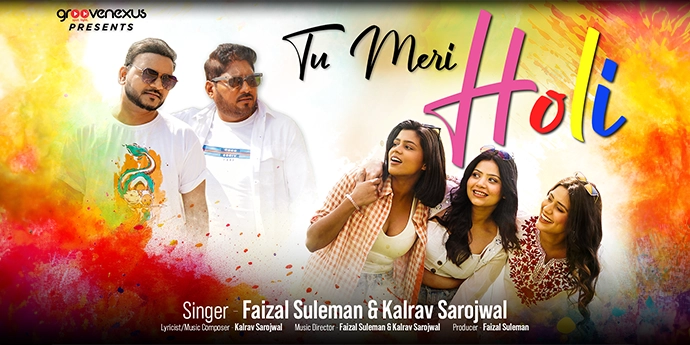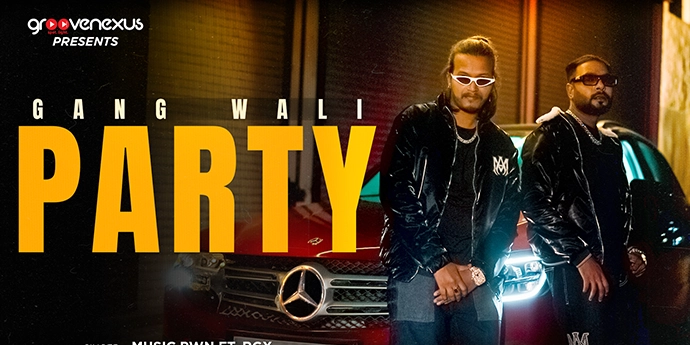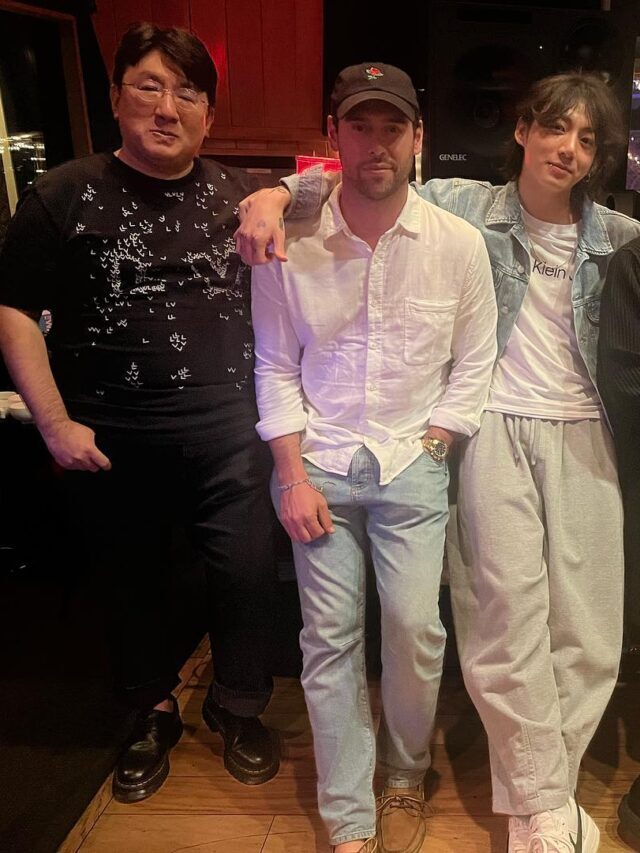In this blog we will know the impact of technology on the music industry and how technology has changed the music industry.

Over the years, technology has revolutionized the music business significantly. For example, consider how the phonograph and analog tape devices evolved into digital recording software and internet-based streaming services. The last two decades of fast progress in digital technology have profoundly impacted every level of the music industry.
Digital advancements have changed the way individuals make music. Composers may create cinematic compositions from the comfort of their own homes. Musicians may perform for audiences worldwide through live-streamed performances. Songwriters may produce albums and distribute them through digital distribution and streaming services.
A change in the music industry
There is no doubt the impact of technology on the music industry has changed a lot compared to a few years ago. Musicians record demos and then hand them to their fans. Studio time was very valuable, so musicians also had to bargain for studio time. You must take advantage of every opportunity to play at local venues. There was a lot of effort that just had to be put into the performance and hopefully noticed by enough fans or a representative of a good label. With the advent of social media and the Internet, setting yourself up has seriously changed. While many of the tricks remain largely the same today, social media has now stepped in to not only help but empower artists. Social media also helps to level the playing field of the music industry.
Social Media Usage
With social media, artists and musicians can reach a wider audience than ever before. Whether you are a solo artist, part of a band, a musician or someone who loves to sing and play an instrument for fun, you now have the power of social media to your advantage. You can reach
fans, potential fans, sponsors, collaborations, and even future partners through various social media platforms that are freely available today. There are many ways in which social media plays an important role in the music industry.
How has the Digital Revolution Affected the Music Industry?
Advances in digital technology have resulted in seismic upheavals in almost every facet of the music industry. Early digital recording technology and software made the recording process more affordable and straightforward to a certain extent. In addition, compact discs increased consumer audio quality while lowering manufacturing and distribution costs.
Digital technology aided in the expansion of the music business. Napster revolutionized the music industry. Piracy no longer required the dubbing of cassettes and the burning of CDs (compact discs). Instead, individuals could download nearly any music for free through file-sharing networks.
This resulted in a decline in income for the music business. Paid digital distribution channels, most notably iTunes, emerged immediately after Napster and transformed how digital downloads were monetized. More recently, streaming services such as Spotify have transformed how consumers consume music. While these platforms currently account for most music industry sales, revenues have not yet recovered to pre-Napster levels.
Is Technology’s Impact on the Music Industry Completely Negative? While the digital music revolution undoubtedly harmed the music industry’s behemoths in terms of revenue, it also leveled the playing field between large and small music firms, such as independent record labels. Musicians may now record at a minimal cost thanks to advancements in home recording software. Additionally, artists and small labels may circumvent bigger industry-controlled distribution channels using digital distribution platforms.
Artists may now communicate directly with followers through social media and video streaming platforms, obviating the need for costly public relations initiatives. In addition, the digital age has generally resulted in a democratization of the music business, increasing chances for a diverse range of artists and experts.
Recommended list– AI is transforming the music industry
How have Music Industry Professionals Managed the Digital World?
Musicians and music firms have been forced to diversify income sources in novel ways to compensate for decreased sales. For artists, audio engineers, venues, promoters, and other industry professionals, the live music business has long been a significant source of revenue. Thus, when the digital revolution crushed record sales, many in the music business started to concentrate more on live music.
Before the arrival of COVID-19, live music had consistent development throughout the previous two decades. Artists have monetized live-streamed concerts throughout the epidemic through contribution links or paid access services.
Additionally, recording artists and publishers are concentrating their efforts on putting music in television programs, films, and advertisements in order to make cash via licensing and royalties. Professionals skilled in music technology such as digital recording platforms, MIDI composition, and audiovisual programming tools are pursuing new career opportunities in thriving businesses.
Pros and Cons of Technology and Social Media in the Music Industry
| Pros | Cons |
| Tons of Avenues for Exposure | Loss of Creativity |
| Free Music Promotion | Less Control Over Content |
| Greater Control for Artists Through Digitalization | Much Stress for Artists |
| Access to Different Genres | Totally Depends on your Online Audience |
| Potential for Higher Earnings for Artists | |
| Opportunity for Innovation |
Conclusion
The impact of technology on the music industry can be scary sometimes; You never know how the audience you offer will get there. You may have received some hate comments and had bad experiences in the past, but if you change your perspective, social media is really a great tool to help you with your music career. Artists and musicians should see this as something that empowers them and should be ready to face any challenge that comes their way. Your music may not be for everyone, and that is perfectly okay. Remember to put in content that is genuine and true, everything else will be fine.
We hope now you know the impact of technology on the music industry and find this blog helpful. If we missed anything, do let us know in the comment section below. You can also pick social media marketing for self-branding for yourself. If you find this blog helpful, you can read more about why hashtags are important and what is music distribution?










